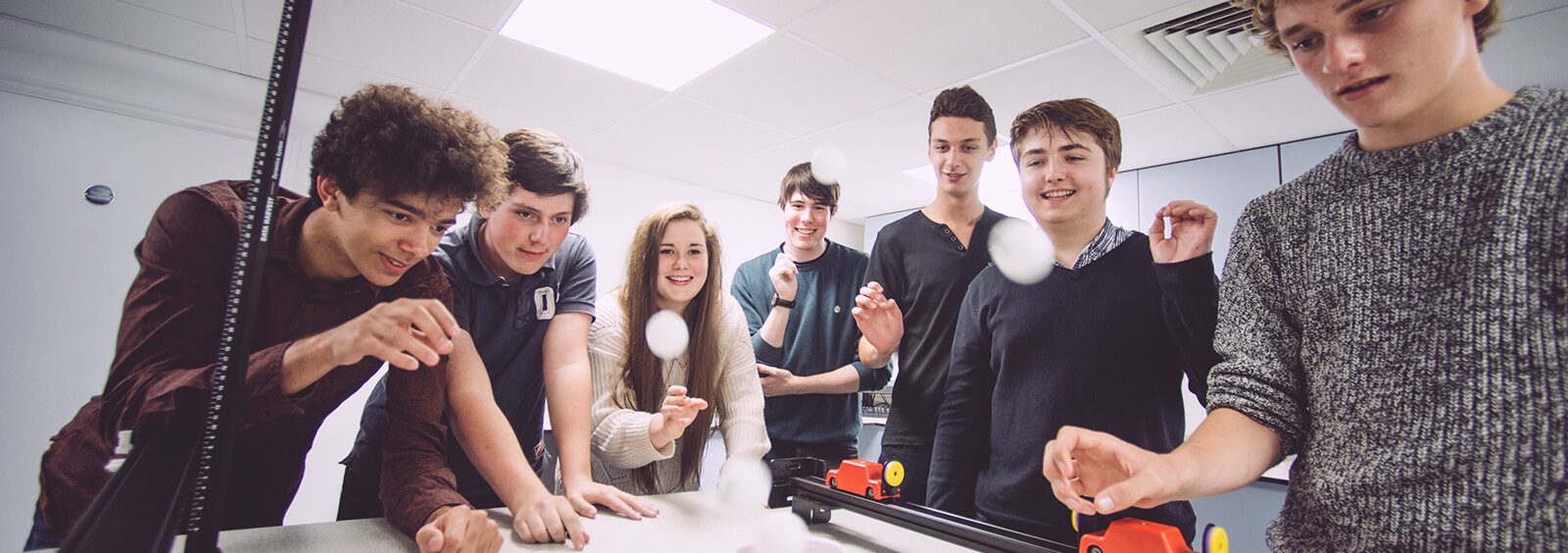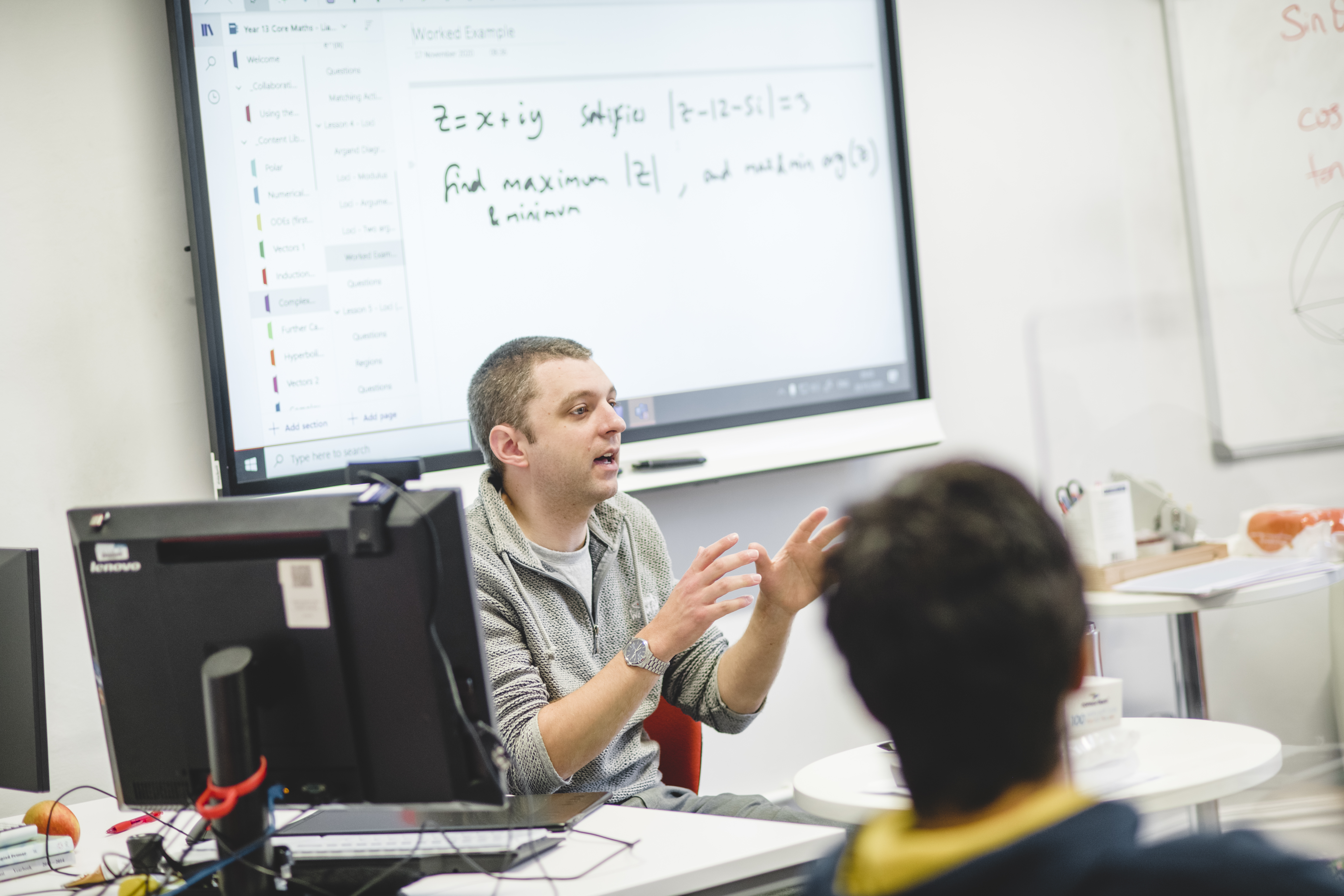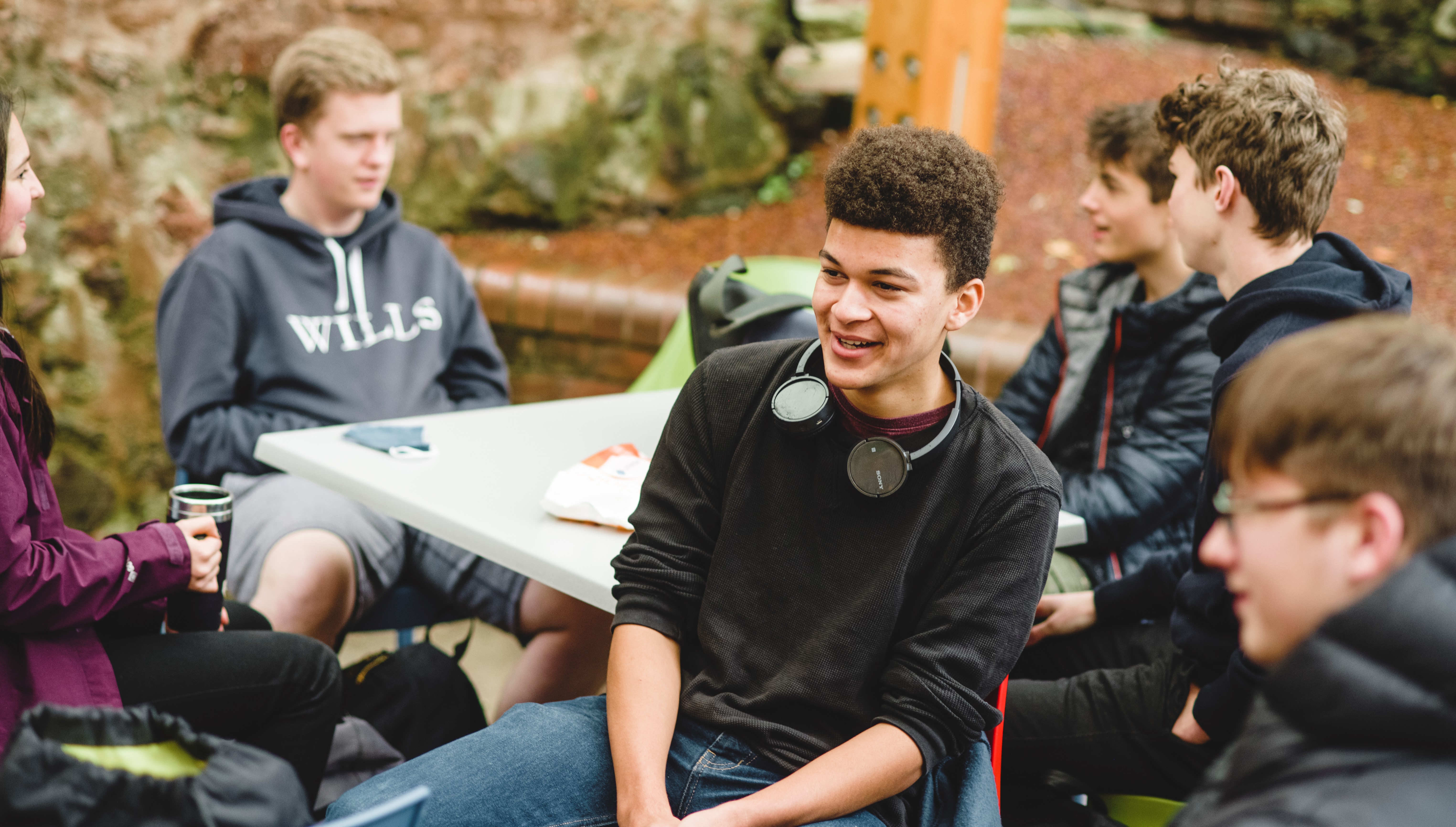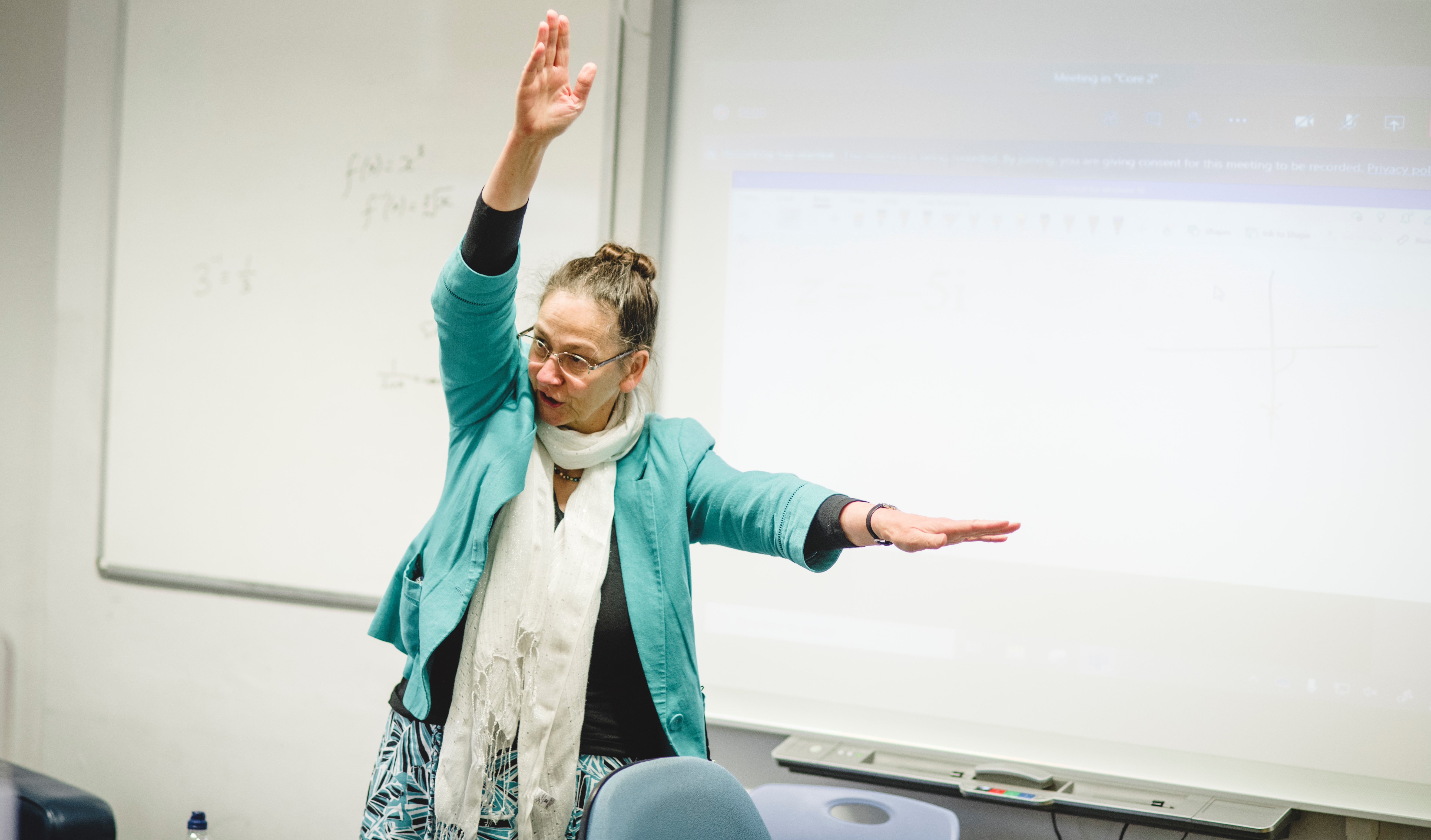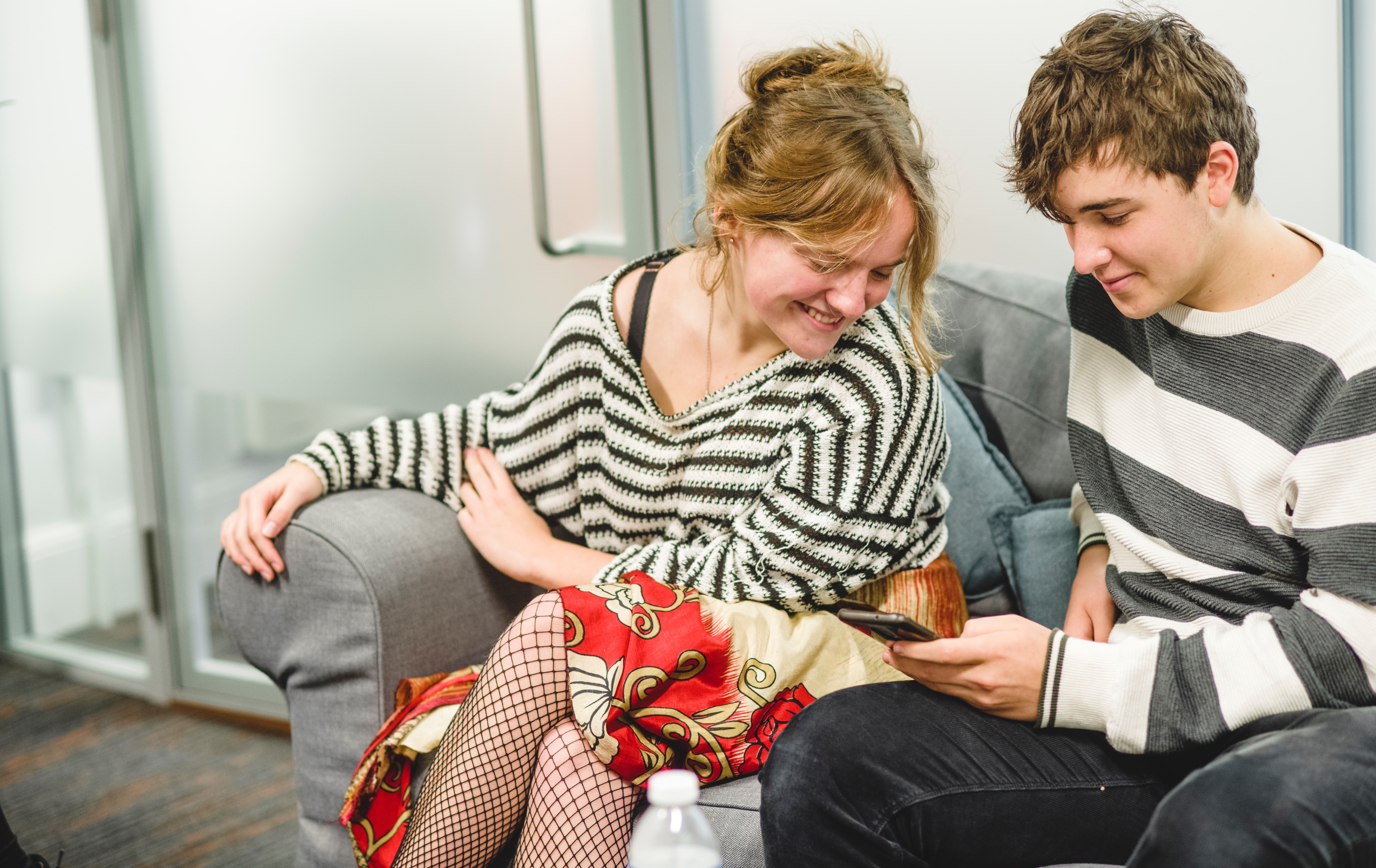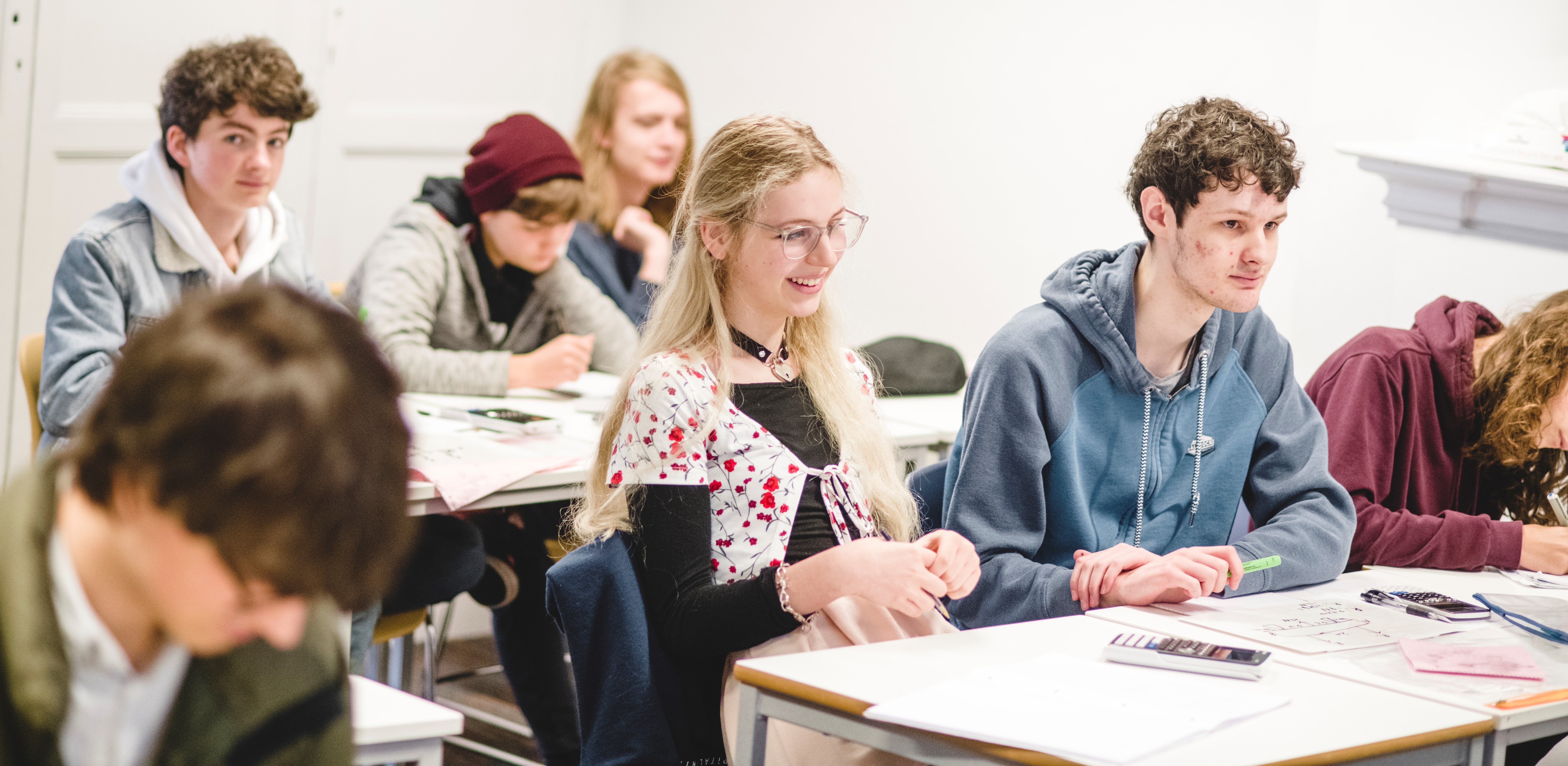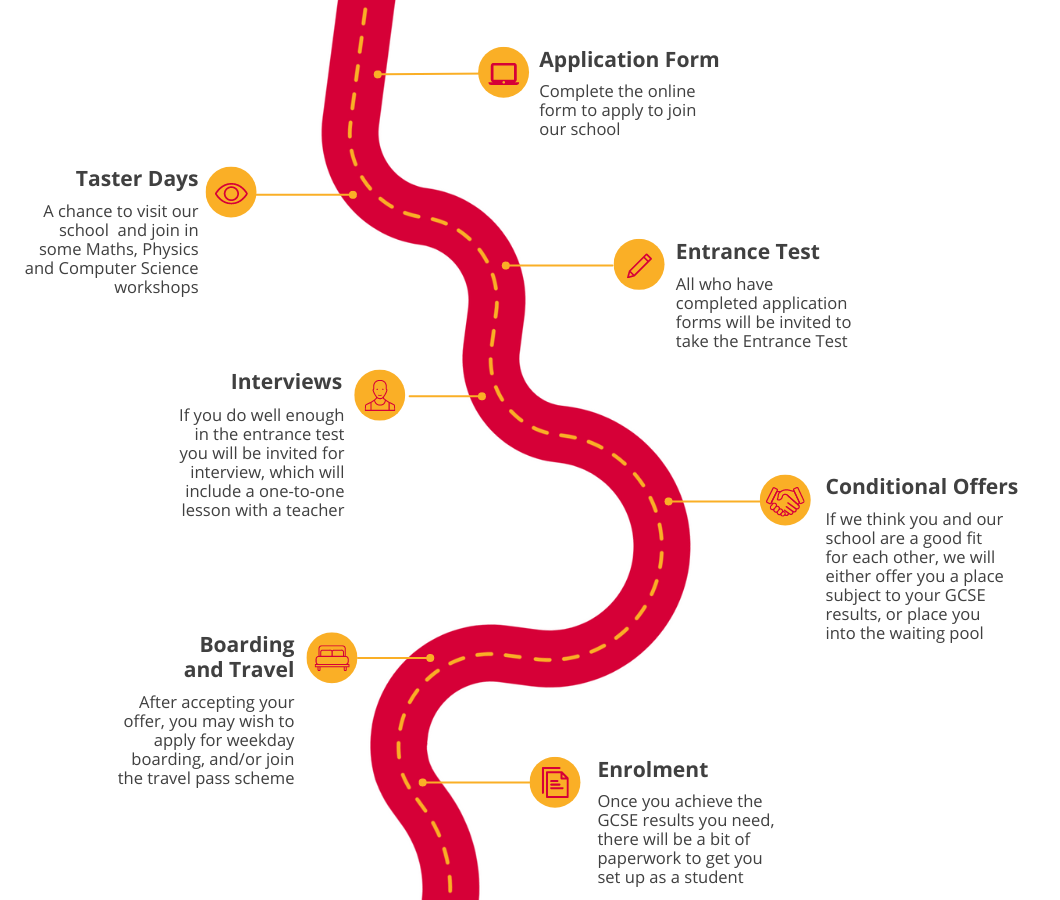How It Works
The EMS admissions process is designed to ensure that the students who enrol are those who will most benefit from our specialist curriculum; the process is thorough, thereby ensuring that the students that join us can feel sure of their ability to embrace the breadth, depth and challenge within our courses. More information about this unique offering can be found on our curriculum page. You may also like to refer to our prospectus: EMS-Prospectus.
Please note that we offer support throughout the admissions process for students with Special Educational Needs and Disabilities (SEND) and those eligible for Free School Meals. Please scroll down to the Frequently Asked Questions section for details.
The full admissions policies for September 2025 and September 2026 admissions can be read here: Admissions Policy 2025 Admissions Policy 2026
